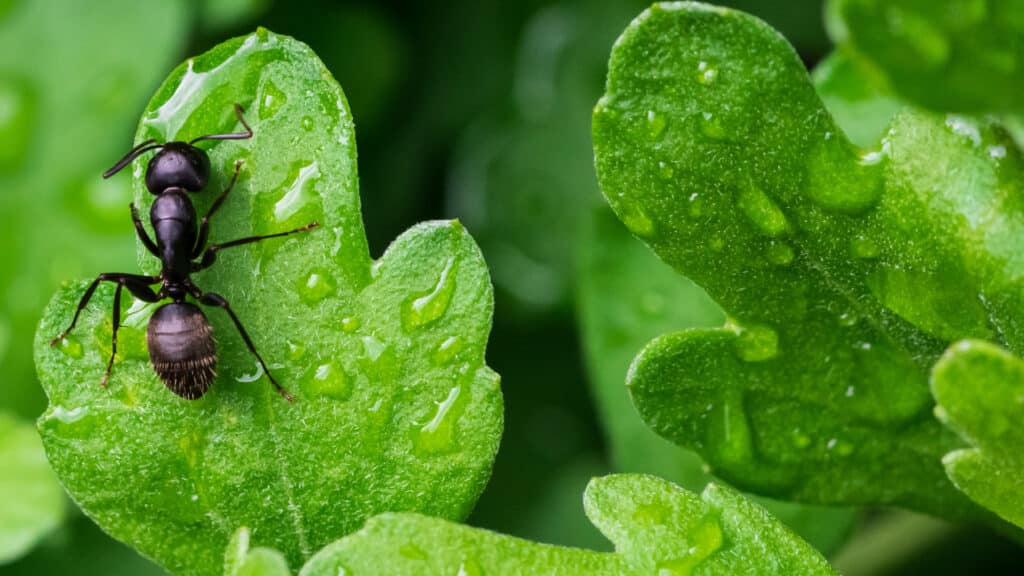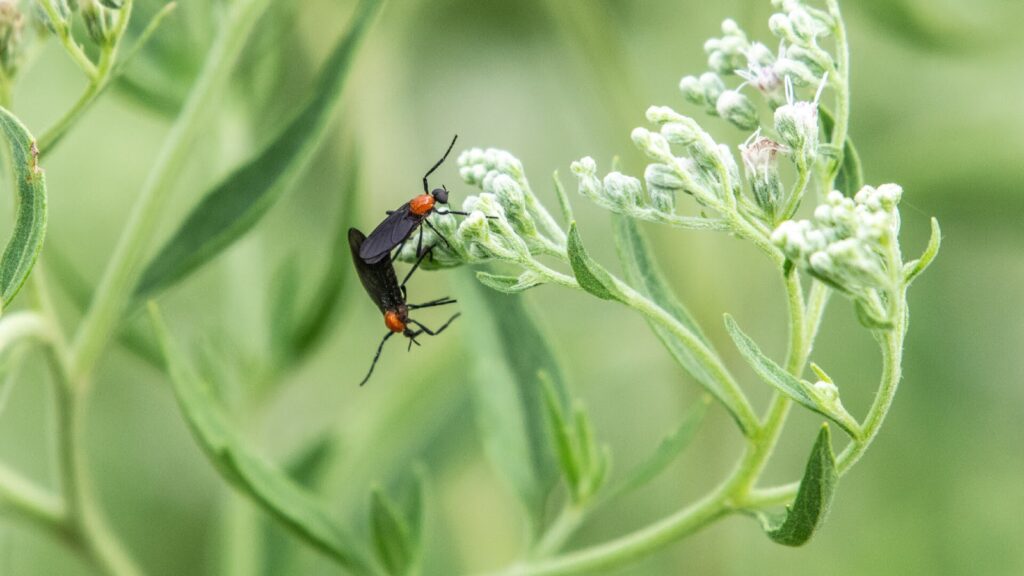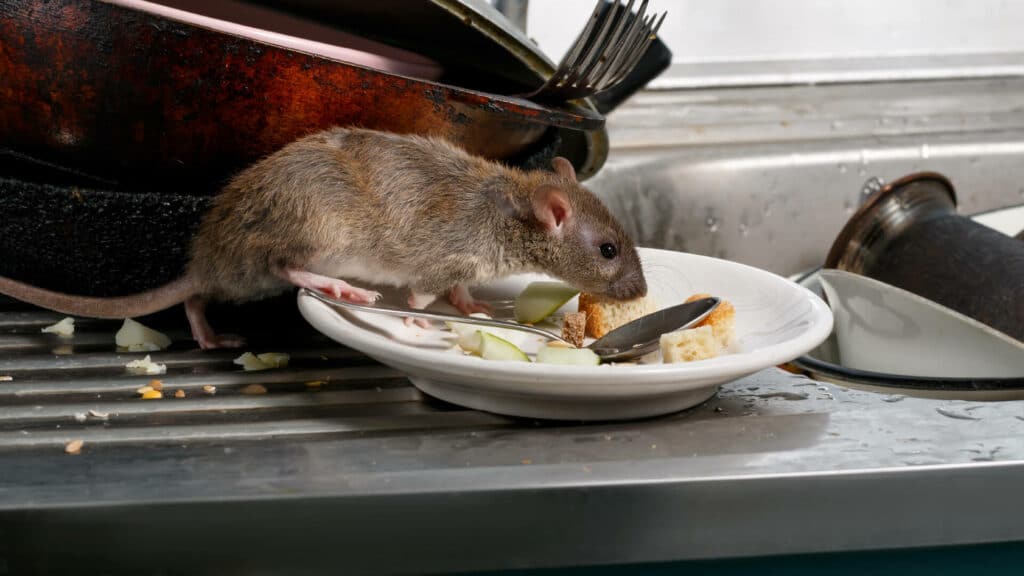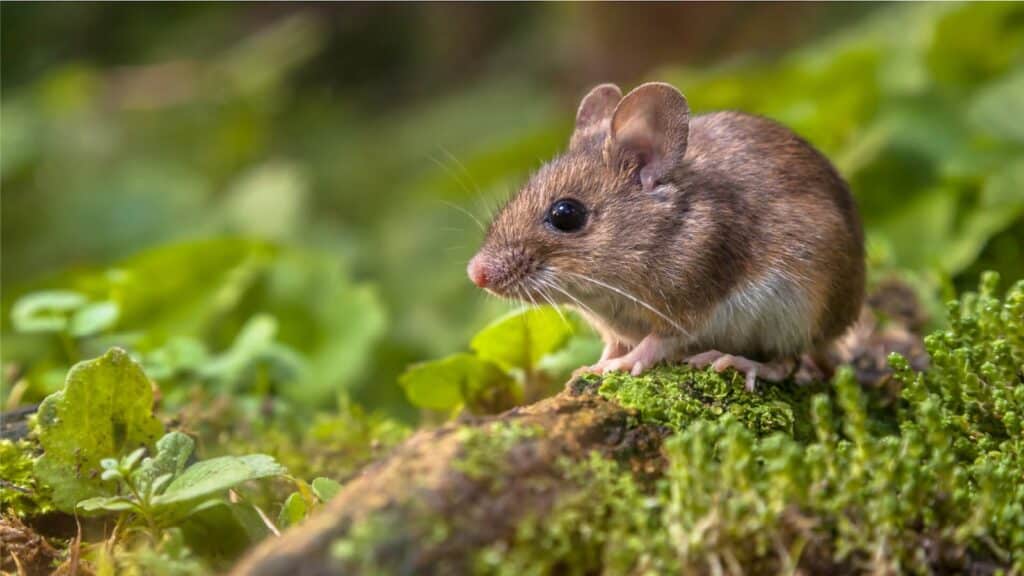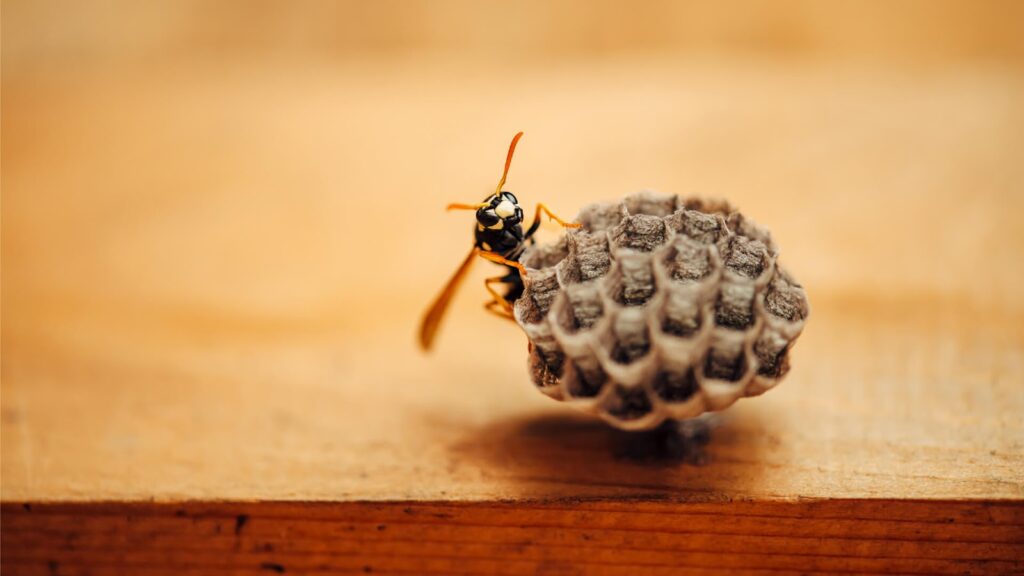Here’s a fact that might surprise you: the right insects can benefit your garden in a few different ways. Some bugs, such as ladybugs and spiders, eat various garden pests (or their eggs or larvae), reducing the risk of infestation and damage to plants. Others, like bees, help plants thrive through pollination. Still others, including ground beetles, aerate the soil to help plants absorb water and nutrients.
These beneficial bugs won't harm your plants at all while they're hunting for other insects. Some might eat a plant's pollen if there's a shortage of prey, but these bugs aren't interested in your flowers, fruits or vegetables. Their primary goal is catching garden pests.
Which Insects are Beneficial for Your Garden?
1. Bees
Bees are the famous pollinators of flowers everywhere, and this behavior is a huge benefit to the plants in your garden. Plants that grow fruits and vegetables, as well as those that simply produce flowers, need the pollinating power of bees to reproduce. Bees are naturally attracted to these plants, so there's little to do on your part to bring these wonderfully helpful bugs to your garden other than normally tending to your plants to keep them healthy.
2. Ladybugs
Tiny ladybugs might seem harmless and unconcerned with other bugs, but, in fact, they eat a number of garden pests. They primarily prey on aphids, the tiny green bugs that gather on plant leaves and stems in the thousands to feed on their sap (and spread plant diseases). A single ladybug can eat hundreds of aphids a week and add a bit of colorful beauty to your green garden at the same time.
3. Spiders
Okay, you might think spiders are the last creature you want anywhere near your garden or your home. But spiders are expert bug-hunters. That's what their webs are for, after all. You probably won't jump at the idea of introducing spiders to your garden, but if you find them already there, it might be best to leave them alone. They're not interested in you; they're too busy catching aphids, fruit flies and other unwanted pests.
4. Mantises
"Praying" mantids (and other members of the mantis order) are amazing creatures. Like spiders, they're primarily ambush predators, waiting for prey to come to them. Their diet includes caterpillars, beetles and many other pests. If you're not familiar with them, these large insects might startle you with their eerily still posture and quick-turning head. Luckily, they can be very helpful predators to keep around in your garden.
5. Ground Beetles
Ground beetles are nocturnal insects that can help save your garden from many harmful ground pests, including caterpillars, snails and slugs. They're especially attracted to compost piles, which provide the right habitats for their larvae. As the larvae grow and move around in the soil, these bugs produce a bonus benefit: they aerate the soil, helping speed up the chemical reactions that drive the composting process.
6. Lacewings
Lacewings and their larvae feed on various garden pests, such as caterpillars, mealybugs and aphids. They lay their eggs on the undersides of leaves in late spring but you shouldn't worry—they won't harm your plants.
7. Aphid Midges, Damsel Bugs, Hoverlies & More
Several other insects can benefit your garden by reducing aphid populations. Aphid midges, damsel bugs and hoverflies are just a few of the beneficial bugs that eat aphids. It's only the hoverfly larva that eats insects, but the adult's diet is limited to pollen, which won't damage your plants.
Should You Introduce Beneficial Bugs to Your Garden?
Increasing the numbers of insects such as ladybugs and ground beetles can reduce the need for pesticides in some cases. Pesticides sometimes kill the good insects as well as the harmful pests. This can leave room for the bad bugs to make a stronger comeback with less natural enemies.
Beneficial bugs are also a better defense against garden pests that are resistant to pesticides. For example, spider mites can quickly become resistant to pesticides. But pirate bugs eat spider mites and can help defend your plants against them.
Before thinking about intentionally introducing bugs to your garden, consider your situation: do you have children or pets that might not like having more insects around? Think about your neighbors, too: will they mind the possibility of bugs spreading to their gardens?
It's also important to pay close attention to the bugs in your garden, even if you've identified them as good. If a population becomes large enough, it might start to spread indoors and become an infestation.
Call Aptive Environmental for Garden Pest Control
If you'd rather leave garden pest control to the professionals, or if you have any concerns about pests around your house, call Aptive Environmental right away. Our professionals have the expert knowledge to identify pests and create a convenient, customized solution for your home and garden. We use effective techniques to control infestations of any size. Help your garden thrive by calling your local Aptive branch today for a free quote.
